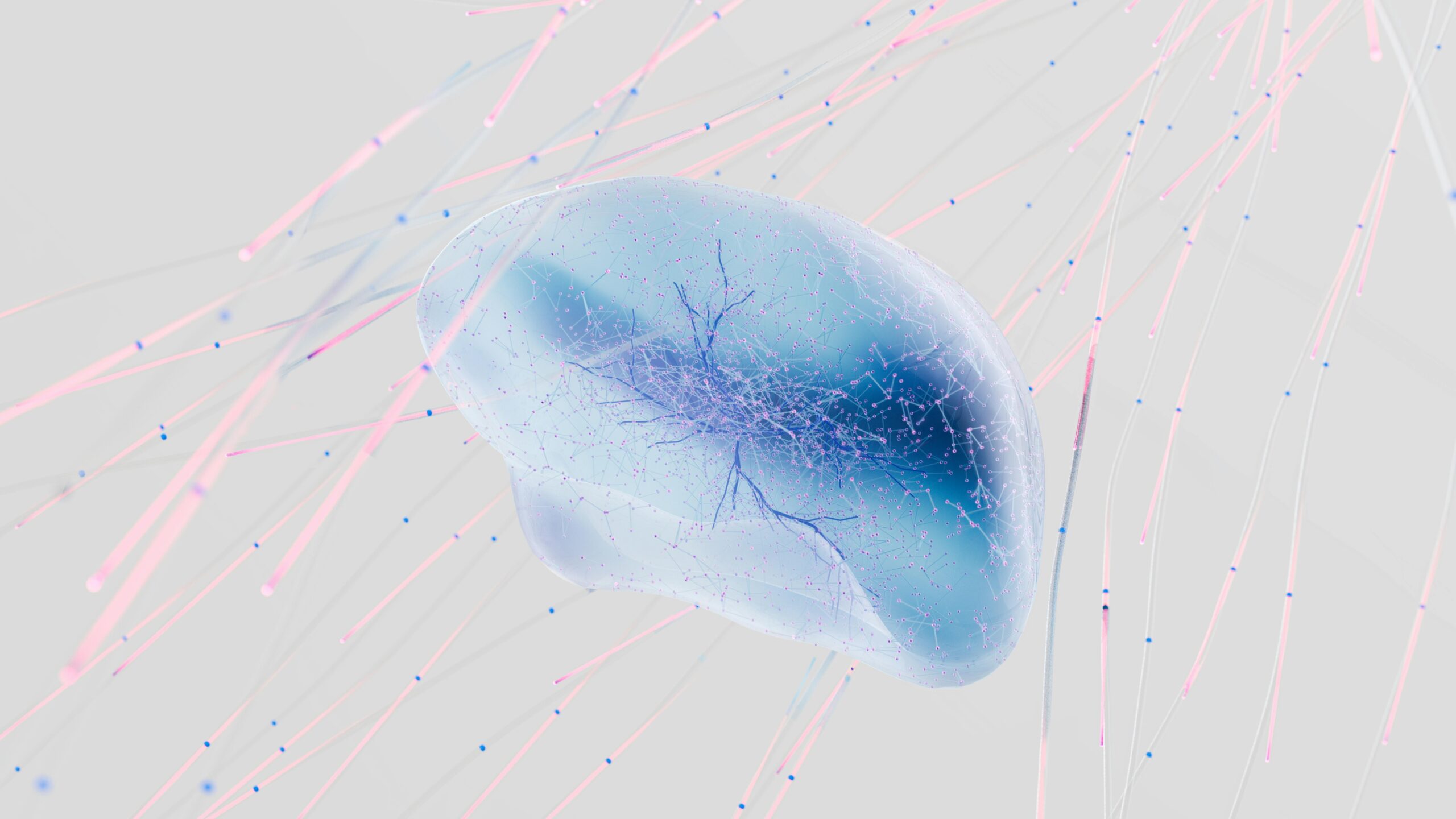How Dopamine Fasting Can Reset Your Brain’s Reward System
In our fast-paced, stimulus-saturated world, it’s all too easy to get caught in the whirlwind of instant gratification. Between endless scrolling on social media, binge-watching the latest Netflix series, and the ever-present ding of notifications, our brains are practically swimming in dopamine. But what if I told you that stepping back from these pleasures could actually help reset your brain’s reward system? Enter dopamine fasting—a trend that’s taken the wellness world by storm. Buckle up as we dive into what dopamine fasting is, how it works, and why it might just be the reset button you didn’t know you needed.
What Is Dopamine Fasting?
At its core, dopamine fasting is a practice designed to limit the activities that cause a spike in dopamine levels, allowing your brain to recalibrate its reward system. But before you imagine yourself sitting in a dark room, staring at a wall in total silence (which, let’s be honest, sounds a bit like a horror movie), let’s clarify what this really involves.
The term “dopamine fasting” can be a bit misleading. It’s not about completely stopping dopamine production—because that would be, well, impossible. Instead, it’s about taking a break from activities that lead to excessive dopamine release. Think of it as a digital detox but for your brain. The goal? To break the cycle of dependency on instant gratification and rewire your brain to find joy in simpler, less stimulating activities.
How Does Dopamine Fasting Work?
To understand how dopamine fasting works, we first need to take a peek into the science of dopamine itself. Dopamine is a neurotransmitter that plays a key role in our brain’s reward system. It’s released when we engage in pleasurable activities—like eating a slice of chocolate cake or getting a “like” on your latest Instagram post. Over time, with constant stimulation, our brains can become desensitized to these rewards, leading us to seek out more and more intense experiences to achieve the same dopamine high.
Dopamine fasting aims to break this cycle by reducing the frequency of high-stimulation activities. By abstaining from these pleasures for a period—whether that’s a few hours, a day, or even longer—you give your brain a chance to reset. This can help restore your sensitivity to dopamine, making everyday joys feel more rewarding again.
What Activities Should You Avoid?
During a dopamine fast, it’s generally recommended to steer clear of:
- Social media and digital devices
- Video games
- Junk food and excessive snacking
- Alcohol and recreational drugs
- Even overly stimulating conversations
While it might sound daunting to cut out all these activities, remember that the purpose isn’t to deprive yourself but to allow your brain to appreciate the little things again. After all, who doesn’t want to find joy in a simple cup of coffee or a walk in the park?
How to Start Dopamine Fasting
Ready to give dopamine fasting a go? Here’s a simple guide to help you get started:
- Set a Duration: Decide how long you want your fast to last. It could be a few hours, a day, or a weekend. Start small if you’re new to this.
- Prepare: Inform those around you about your fasting plan. It’s hard to resist the lure of social media when your friends are sending you memes!
- Find Alternatives: Plan activities that are low-stimulation. Reading a book, meditating, or going for a nature walk can be great substitutes.
- Reflect: Use this time to journal or reflect on your feelings and experiences. What do you miss? What do you appreciate more?
- Gradually Reintroduce: After your fast, slowly reintroduce activities and notice how they make you feel. You might find that scrolling through social media isn’t as thrilling as it once was!
The Benefits of Dopamine Fasting
You might be wondering, “Is this really worth it?” The answer is a resounding yes for many people. Here are some potential benefits of dopamine fasting:
- Improved Focus: With fewer distractions, you may find it easier to concentrate on tasks that require deep thinking.
- Enhanced Creativity: When you step away from constant stimulation, your brain has the space to think outside the box.
- Greater Appreciation: Simple pleasures, like enjoying a meal or spending time with loved ones, can feel more fulfilling.
- Better Mood Regulation: Some people report feeling less anxious and more balanced after a dopamine fast.
Of course, it’s essential to approach dopamine fasting with a balanced mindset. It’s not about punishing yourself or feeling guilty for enjoying life’s pleasures. Rather, it’s an opportunity to reset your relationship with them.
Final Thoughts on Dopamine Fasting
In a world where everything is just a click away, dopamine fasting offers a refreshing perspective on how we engage with our surroundings. By embracing the art of moderation and taking breaks from high-stimulation activities, you might just find that your brain’s reward system can be reset, leading to a more meaningful and enjoyable life. So, why not give it a try? Your brain—and your sanity—might thank you!

